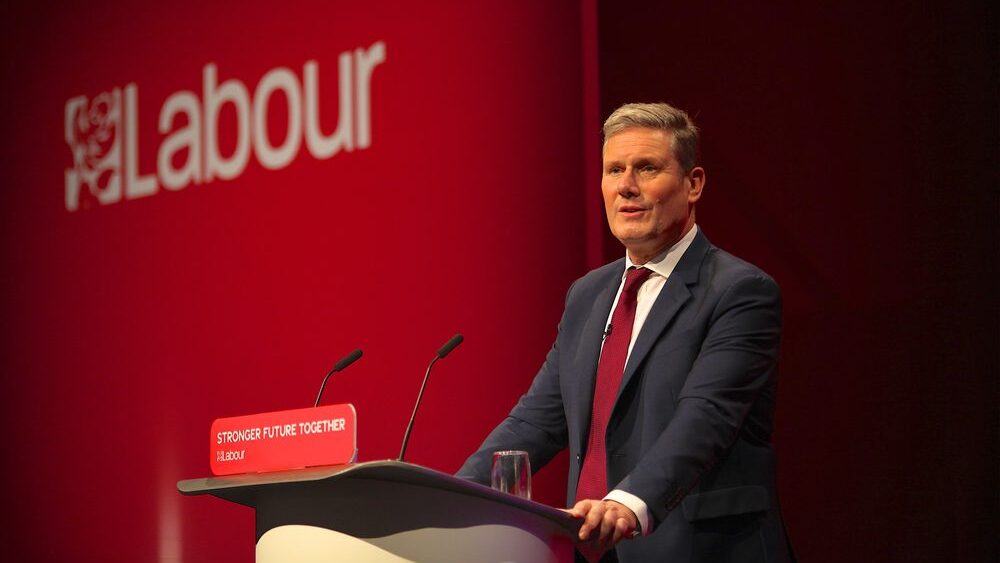
Sir Keir Starmer
Photo: Rupert Rivett / Shutterstock.com
Labour won’t just win the next general election; it will spend at least the next 10 years in office. That, at least, now appears to be the view of leader Sir Keir Starmer. The party has been in opposition for 13 years and he believes that this time, the roles will be reversed.
A number of factors are coming together to make Starmer’s vision possible. The Tory party is in such a state of disrepair (its recent conference doing little to alter this position) that Labour could be handed a mandate so big that it cannot be overturned in one election, save for any major shifts. Conditions north of the border are looking fairly ripe, too; Labour, it seems, is about to make major gains in Scotland, all at the cost of the flailing Scottish National Party.
While there is a strong negative case against the UK’s current leadership, Labour will also need to present a decent positive case for its alternative.
In his conference speech this week, Sir Keir will try to do this, insisting that Labour will never again be a “party of protest” and will focus instead on “get[ting] Britain building.” The Daily Telegraph says he will outline plans for a decade in power, in which the country will “turn our backs on never-ending Tory decline with a decade of national renewal,” giving the British people the “government they deserve.”
Shadow international development minister Lisa Nandy also said this week that “we’re going for more than two terms.”
But despite this bold aim, Labour officials are reportedly scared of releasing too much detail regarding policy plans for fear of receiving major public scrutiny. “Insiders” told The Daily Mail that Starmer’s speech will reveal “little if any” policy.
The speech is likely to focus instead on general themes and is bound to feature more than a handful of clever soundbites. Having received an advance of his speech, The Guardian revealed that Sir Keir will say:
People are looking to us because they want our wounds to heal and we are the healers. People are looking to us because these challenges require a modern state and we are the modernisers. People are looking to us because they want us to build a new Britain and we are the builders.
What any of this means in terms of actual action is yet to be seen.
